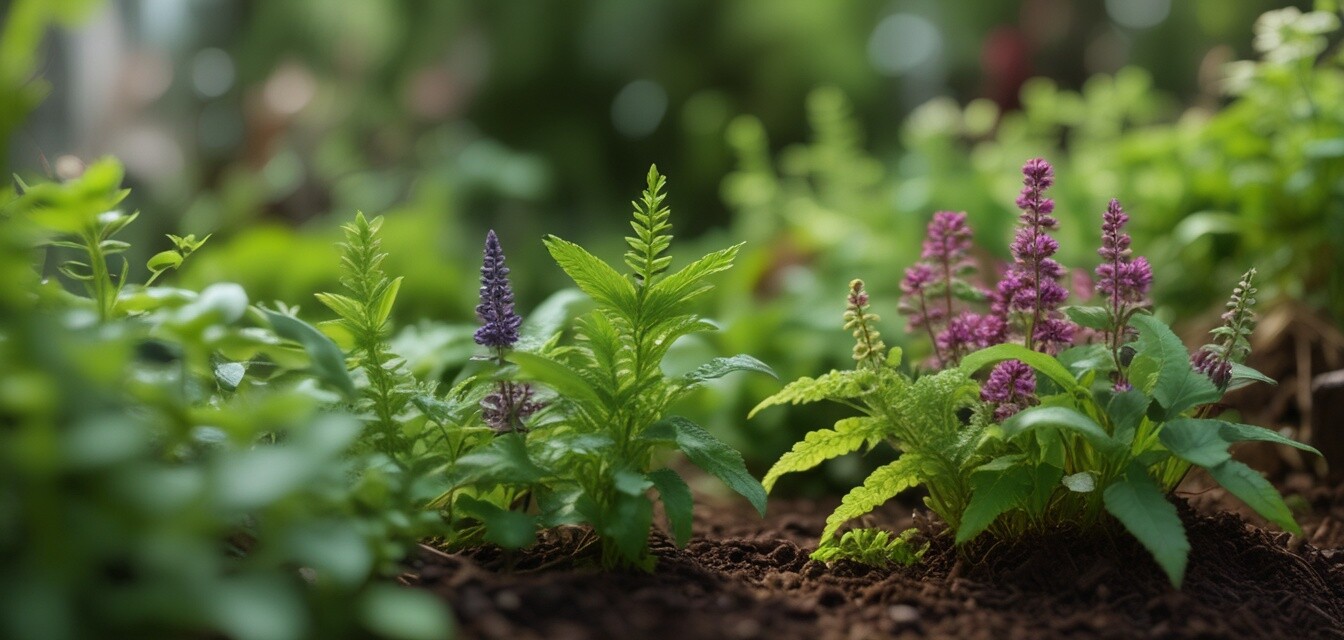
Sustainable Harvesting Practices for Herbal Ingredients
Key Takeaways
- Sustainable harvesting is essential for maintaining biodiversity and the health of ecosystems.
- Popular herbal ingredients include aloe vera, ginseng, and echinacea.
- Understanding sustainable practices helps consumers make informed choices about their supplements.
- Supporting brands that prioritize ethical sourcing is vital for promoting sustainability.
Herbal ingredients have been used for centuries in various supplements, but the way these herbs are harvested significantly impacts their environment and availability. In this article, we will explore the importance of sustainable harvesting practices and how they benefit both consumers and the planet.
What is sustainable harvesting?
Sustainable harvesting refers to the extraction of natural resources in a way that maintains the health of the ecosystem and ensures that resources remain available for future generations. This practice is vital in the herbal supplement industry, as it protects biodiversity and prevents overexploitation of plant species.
The significance of sustainable harvesting
Many popular herbs used in supplements face threats from overharvesting. By understanding sustainable harvesting, consumers can make informed choices that help protect these valuable plants and contribute to sustainable practices in the supplement industry.
Benefits of sustainable harvesting
- Preserves biodiversity by ensuring that plant species do not become endangered.
- Supports local economies by providing sustainable livelihoods for communities dependent on herbal sourcing.
- Reduces the environmental impact associated with herb production.
- Encourages responsible consumerism and ethical sourcing.
Common herbal ingredients and their sustainable practices
Understanding the sustainable practices for specific herbs is important to ensure that you are making environmentally conscious decisions. Below is a table showcasing several popular herbal ingredients and their sustainable harvesting practices.
| Herbal Ingredient | Sustainable Harvesting Practices |
|---|---|
| Aloe Vera | Harvested by hand to avoid damaging the plant, allowing for regrowth. |
| Ginseng | Wild ginseng is harvested sustainably to protect native habitats; cultivated sources are promoted. |
| Echinacea | Requires proper replanting and crop rotation to maintain soil health and biodiversity. |
| Turmeric | Requires careful soil management and crop rotation for sustainable production. |
| Basil | Hand-harvested and allowed to regenerate to maintain growth cycles. |
How to support sustainable harvesting
As a consumer, your choices can have a significant impact on sustainable practices. Here are a few ways you can support sustainable harvesting of herbal ingredients:
- Choose products from brands that prioritize ethical sourcing and sustainability.
- Look for certifications such as organic or fair trade on product labels.
- Educate yourself about the sources of the herbs used in your supplements.
- Be mindful of your consumption and support local growers when possible.
Beginner's tips for selecting sustainable supplements
- Research the brand’s commitment to sustainability.
- Check for ingredient transparency on labels.
- Opt for supplements that utilize whole plant ingredients rather than isolated compounds.
- Seek out information on the brand's harvesting methods and sourcing policies.
The role of consumers in sustainable practices
Consumers play a crucial role in fostering sustainability within the supplement industry. By making informed choices, you can influence companies to adopt more sustainable practices. Additionally, advocating for legislation that supports sustainable harvesting can create a larger impact.
Conclusion
Sustainable harvesting practices are essential for the health of our planet and continuing the availability of herbal ingredients used in supplements. By understanding and supporting these practices, consumers can make responsible choices that benefit both their health and the environment. Explore our diverse range of herbal supplements and learn more from our sustainability tips to help you make eco-friendly choices every day.
Learn more
If you're interested in diving deeper into the topic of sustainable supplements, check out our articles on buying guides or explore trends in news and trends that focus on ethical products.